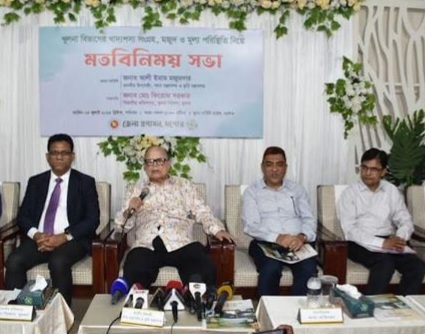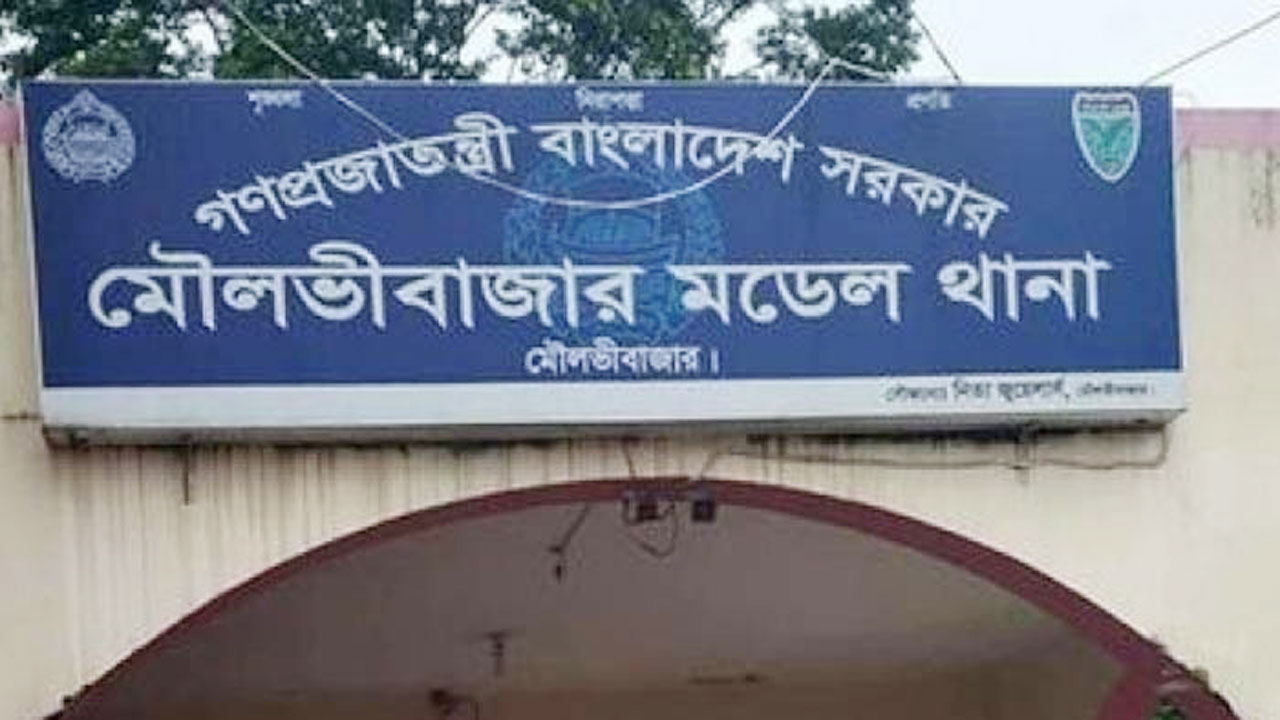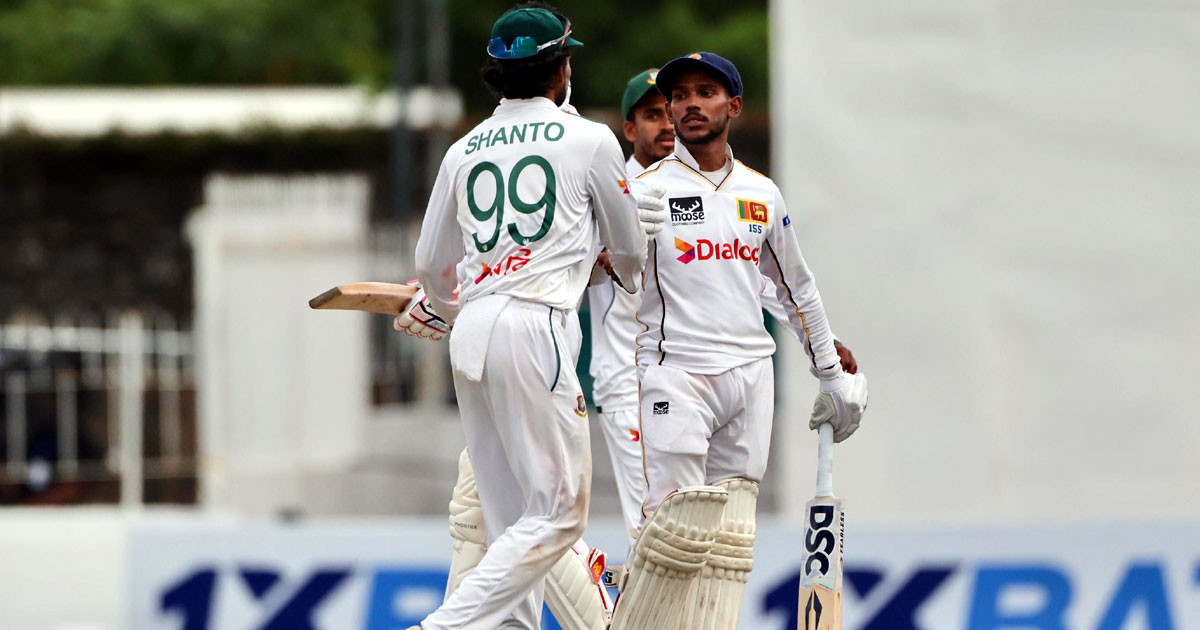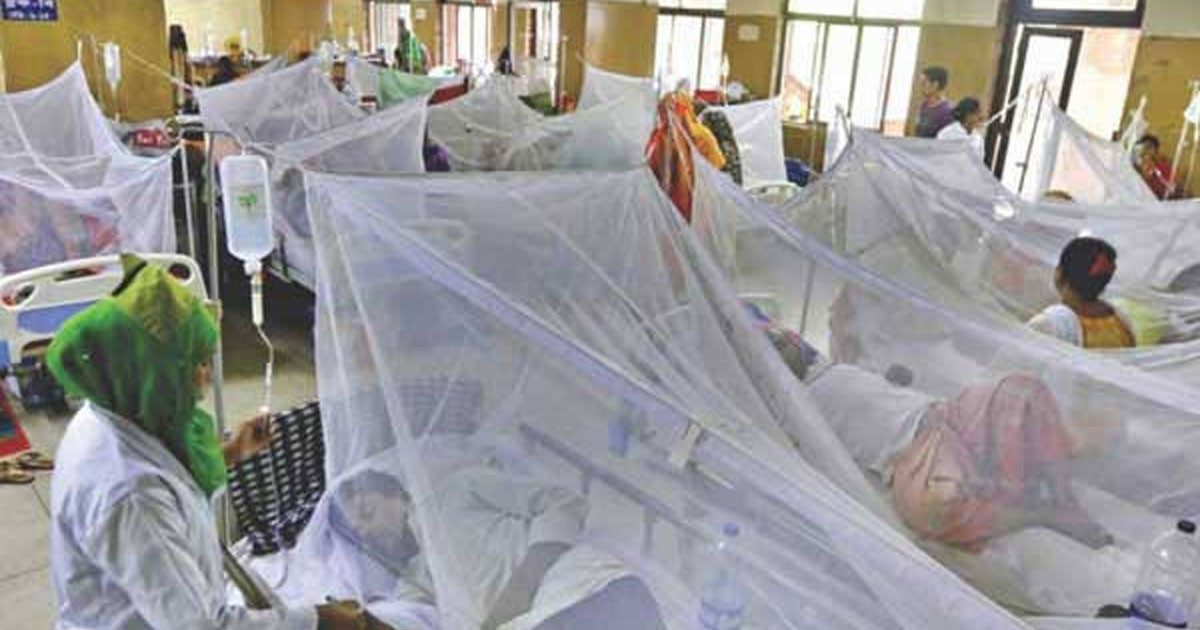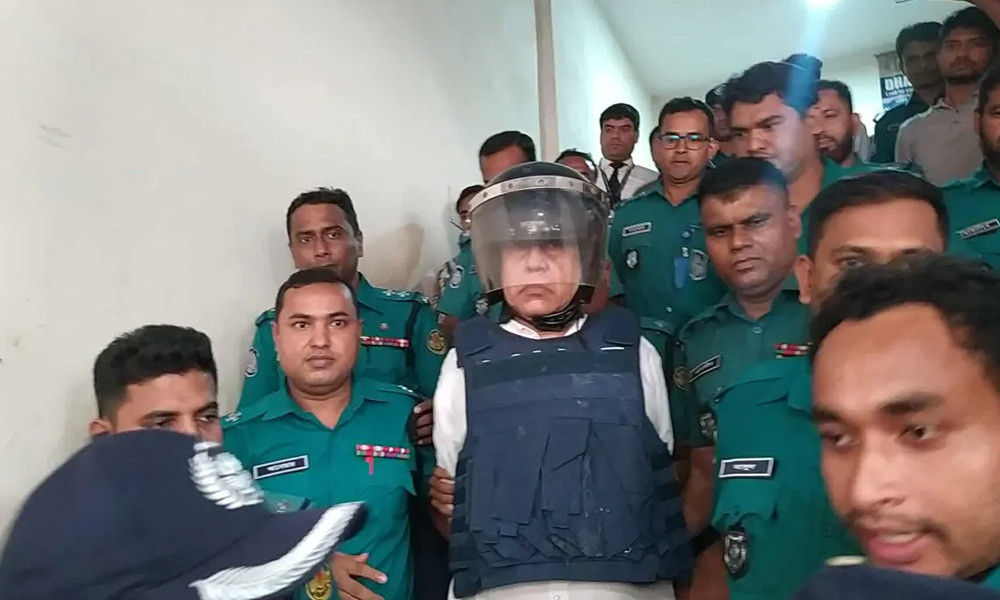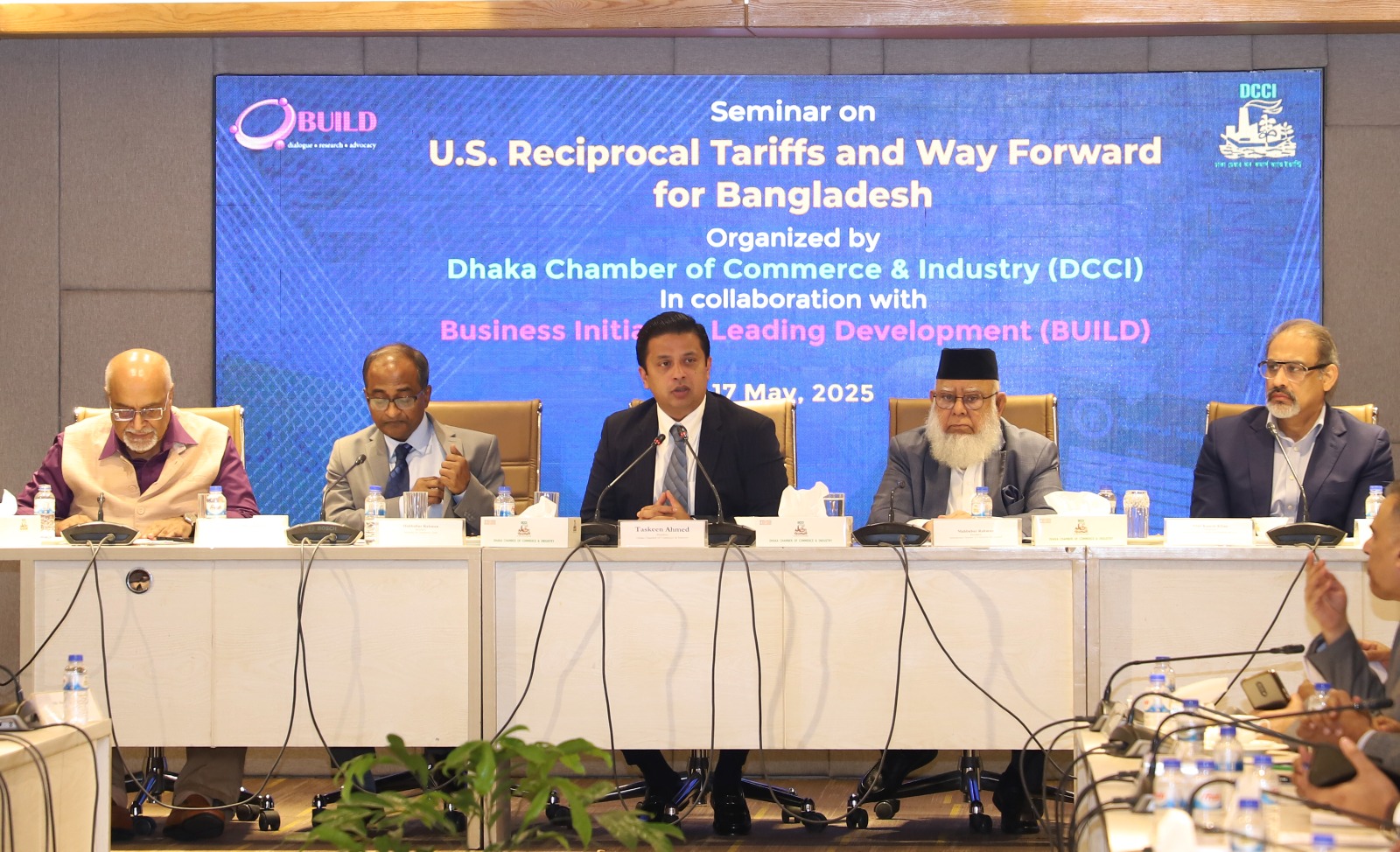
Bangladesh should not be overly alarmed by the recent retaliatory tariffs imposed by the United States, as their impact is likely to be less severe than feared, said Dr Debapriya Bhattacharya, Distinguished Fellow at the Centre for Policy Dialogue (CPD).
He made the remarks while delivering the keynote presentation, titled “The Toxic Therapy”, at an event on US reciprocal tariffs and the way forward for Bangladesh, held at the Dhaka Chamber of Commerce and Industry (DCCI) headquarters in Motijheel on Saturday.
Dr Bhattacharya urged calm and called for strategic thinking in the face of rising trade tensions. The event was jointly organized by DCCI and Business Initiative Leading Development (BUILD).
“I say this with full responsibility—there is no need to panic,” he said. “These tariffs are also impacting our competitor countries, which means Bangladesh is not losing out disproportionately in terms of global competitiveness.”
Dr Bhattacharya, who presented the keynote paper, described the US tariff measures as a “toxic tariff remedy” and criticized their political underpinnings. He argued that the recent moves under the new US administration are influenced more by domestic politics than sound economic reasoning.
He also questioned the efficacy of the tariff strategy introduced by former President Donald Trump, expressing skepticism about whether such a policy could achieve its intended objectives. “The metric being used—the goods trade deficit—is an outdated indicator, especially when global economic growth is increasingly driven by the services sector,” he noted.
Highlighting the unpredictability of the approach, Dr Bhattacharya asked whether the US would adjust tariffs annually based on changing trade deficits. “Such instability undermines the investment climate. Markets do not respond well to inconsistent policies,” he warned, adding that economically unsound policies rarely stand the test of time.
Despite his criticism, he urged policymakers to use the current situation as an opportunity to implement long-overdue reforms in Bangladesh’s trade and investment regime. “We must view this crisis as a turning point to undertake necessary structural changes that have long been delayed,” he said.
Commerce Secretary Md Mahbubur Rahman, who attended the seminar as chief guest, stated that Bangladesh is addressing the issue through bilateral engagement rather than taking the matter directly to the World Trade Organization (WTO). “So far, we believe Bangladesh is moving in the right direction, which is why we haven’t formally submitted an agenda to the WTO,” he said.
He revealed that discussions are ongoing with the United States regarding approximately 100 products. Additionally, he emphasized the need for fair trade calculations, particularly concerning US goods imported through third countries. “We will not tolerate any exclusion of these imports from the official trade balance. If necessary, we will amend our import policy to prohibit such practices—this approach is already applied in the automobile sector,” he explained.
The Commerce Secretary also said that the government is working to remove non-tariff barriers, including lifting radioactivity test requirements on selected imports, to streamline trade procedures.



